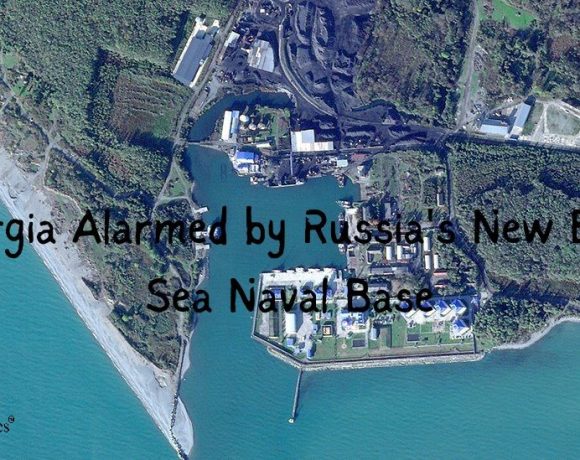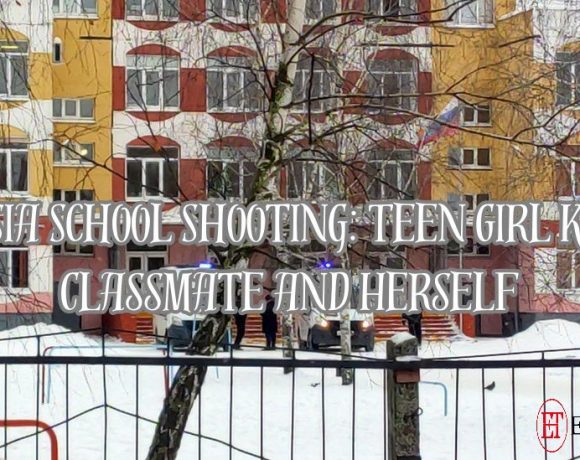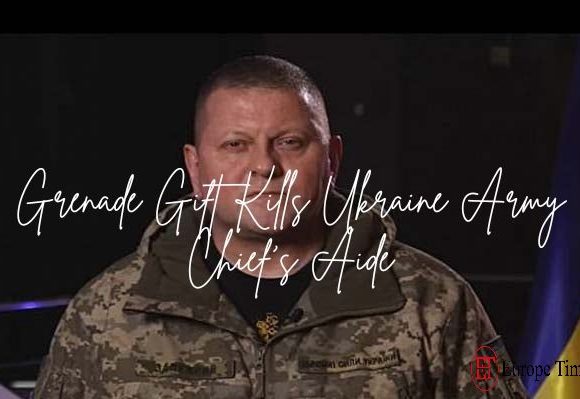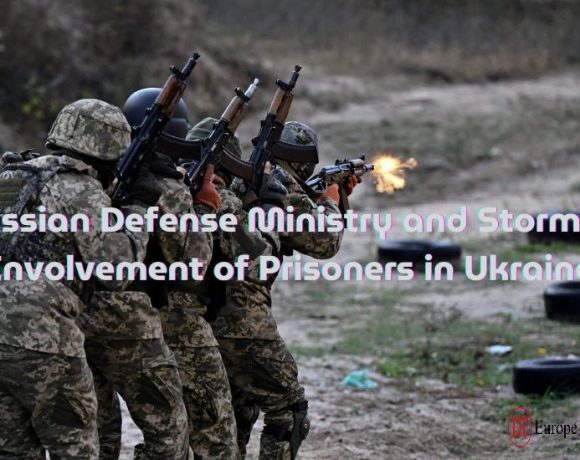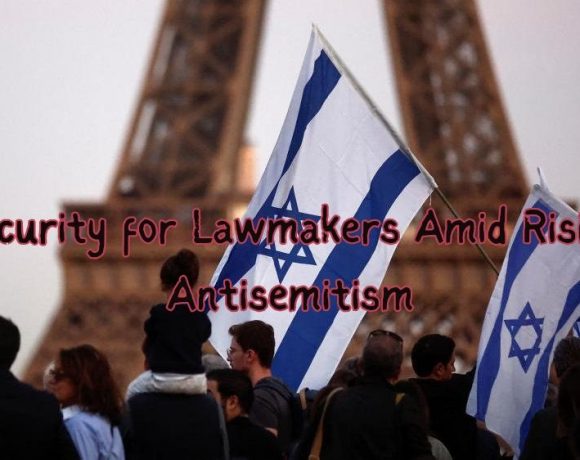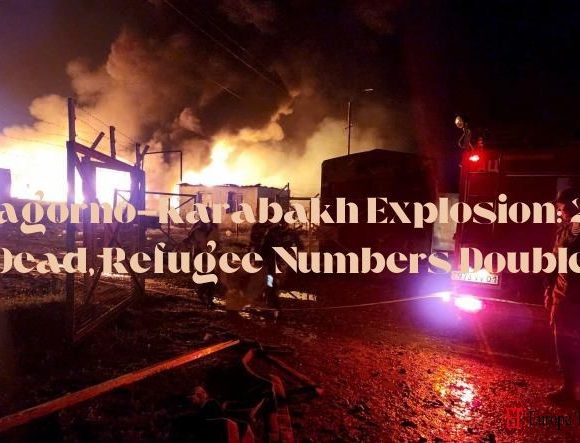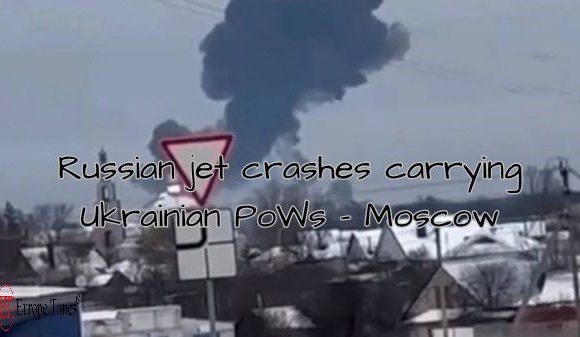
A Russian Ilyushin-76 military transport plane crashed in the southern Belgorod region near the Ukrainian border. The Russian Ministry of Defence claimed that the plane was carrying 65 captured Ukrainian military personnel for a prisoner exchange, but these details could not be independently verified. Reports initially suggested that the plane may have been downed by Ukrainian forces, but these were later deleted. Ukrainian authorities stated they did not have accurate information and were investigating.
Video footage showed the plane crashing and exploding near the village of Yablonovo. The regional governor confirmed all on board had died. Some Ukrainian media suggested the plane was transporting missiles for Russia’s S-300 air defense systems. The head of Ukraine’s military intelligence confirmed a planned prisoner exchange had been canceled.
The Russian defence ministry alleged that Ukraine fired anti-aircraft missiles from the Lyptsi area, claiming two Ukrainian missiles targeted the plane. A prisoner exchange was scheduled at a border checkpoint near Belgorod. Russian officials mentioned a second plane carrying 80 Ukrainian prisoners, but it changed course.
Ukraine and Russia have engaged in several prisoner exchanges during the war. Russia’s invasion of Ukraine began in February 2022, with ongoing conflict. The war’s toll includes casualties and intensified air attacks. Ukrainian Defence Minister Rustem Umerov highlighted a shortage of ammunition for Ukrainian forces, while Russia reportedly used over 600 missiles and 1,000 drones in the past two months. Ukraine relies on drones in its defense strategy, and recent attacks caused explosions, including at a gas export terminal near St Petersburg.
Picture Courtesy: Google/images are subject to copyright


